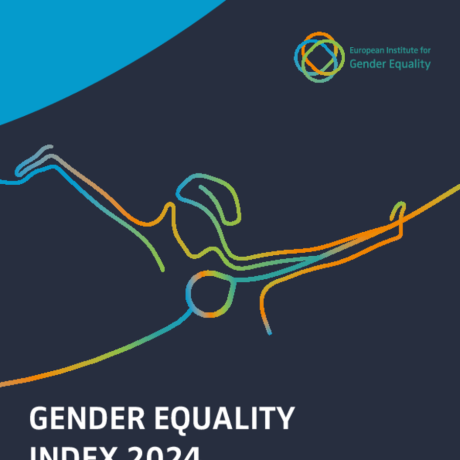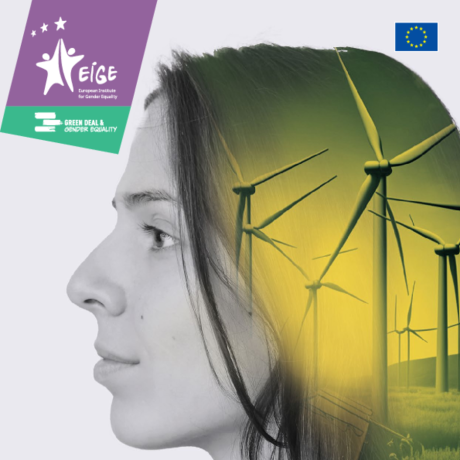
Gender related challenges in the education system are an obstacle for economic growth and better career opportunities, especially for women. One of the main challenges is that girls and boys tend to choose subjects according to traditional gender roles. This is one of the findings of new research by the European Institute for Gender Equality (EIGE).
In Lithuania, men dominate study fields such as computing (87.5%) and engineering (83.1%), while women hold the majority of degrees in social services (81.6%) and health care (74.7%). The trend is similar in other EU countries.
“The situation will not change unless teachers and parents encourage girls and boys to choose more atypical fields, like STEM for girls, and education and welfare for boys. The classroom should be an environment that challenges gender stereotypes and breaks them down. Unfortunately, it often works in the opposite direction by reinforcing traditional ideas about what girls and boys can or should do and thus limiting their potential”, said Virginija Langbakk, EIGE’s director.
The gender gaps in higher education carry on to the job market. Out of the 20 largest occupations in the EU, only five show a gender balance (40/60 ratio) between women and men.
Recipe for economic growth
EIGE’s research shows that narrowing the gender gap in STEM subjects would significantly benefit not just women, but the EU economy as a whole. By 2050, GDP per capita would increase by 3.0% (820 billion euros) and create an additional 1.2 million jobs.
In the EU comparison, the Baltic States, as well as other central and Eastern European countries have better gender balance in the STEM sector than the other Member States. Women make up 30% of science and engineering professionals in Lithuania, whereas the range within the EU is from as low as 20% in Luxembourg and as high as 44% in Latvia. However, also here women are missing out on jobs that are generally well paid and secure.
“Gender segregation is a problem for the whole economy. For example, by 2025, Lithuania is looking at a 21% employment boost in the area of information and communication technology. It is a field with an increasing demand for talented people, but if STEM continues to be seen as a men’s domain, Lithuania is using only a half of its potential”, said Virginija Langbakk.
EIGE’s study encourages policy makers to tackle gender stereotypes early on. One way to achieve this is through gender sensitive teaching materials and training teachers to address these stereotypes. The educational system should promote STEM subjects to girls and women and encourage all students to break down gender expectations when it comes to their career choices.
For more information, please contact Lina Salanauskaite, lina.salanauskaite@eige.europa.eu.
Further information
Read all about EIGE's studies on education
Find out how gender equality in STEM education leads to economic growth
Explore the education section on EIGE’s Gender Mainstreaming Platform
Discover the domain of Knowledge in EIGE’s Gender Equality Index
Image: Syda Productions/Shutterstock.com



